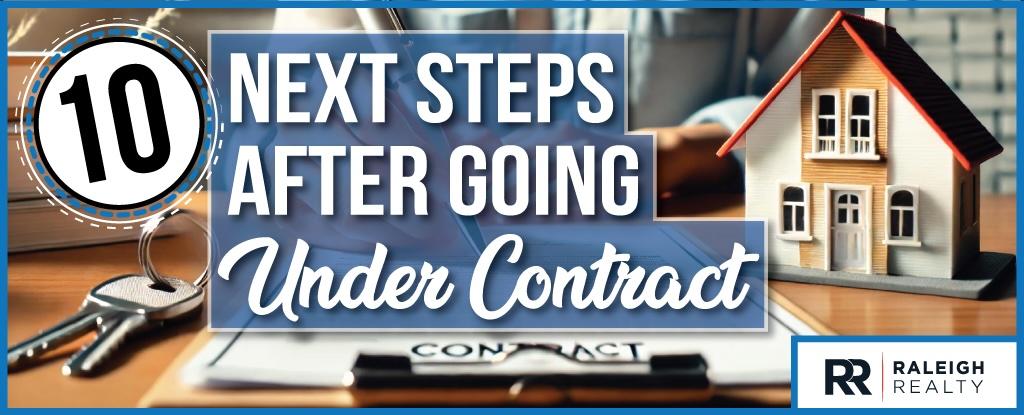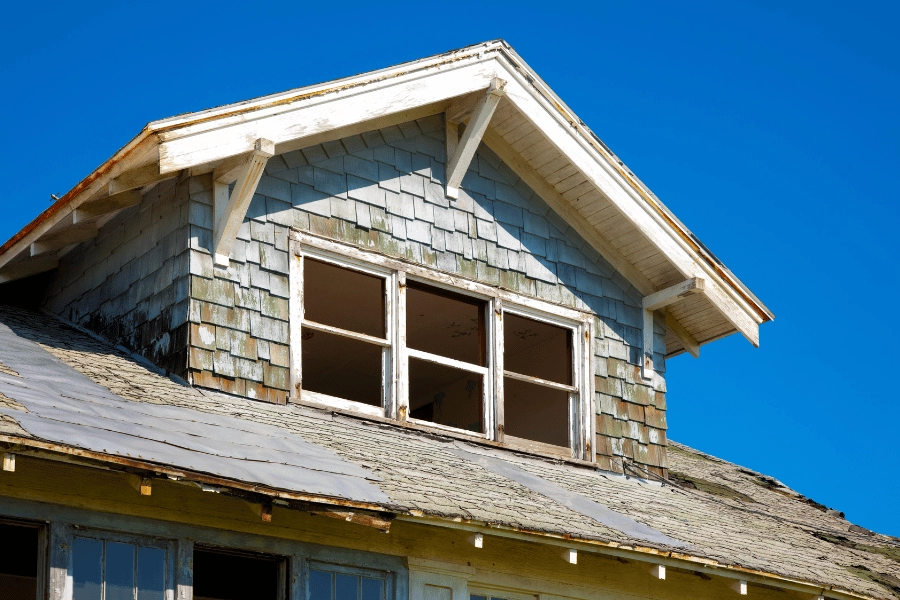What to Do Immediately After Buying a House
Did you buy your first home and are lost on what to do next? Here are the top ten things to do immediately after buying a house.
Congratulations on your new home purchase! The keys are in your hand, the papers are signed, and you're officially a homeowner in the beautiful Raleigh area. However, several critical tasks should be at the top of your priority list before planning your housewarming party.
The entire home-buying process is strenuous, and you may have focused all your time and energy on finding the perfect home. But what comes after closing on a home is just as important.
Whether moving cross-country or down the street, once you are done basking in your achievement, it is time to cross items off your checklist.
From the moving process to final inspections to decorating, it is easy to become overwhelmed. But don't stress. These essential steps will help protect your investment, ensure your family's safety, and set you up for years of comfortable living.
Keep reading to learn about what to do immediately after buying a house.
1. Secure and Organize All Important Documents
The best thing you can do after buying a house is to keep yourself organized. This might seem a little tricky initially, but as long as all your essential house documents are secure, you're on the right path.
Your first priority should be creating a comprehensive home file system. Make multiple copies of your deed, mortgage documents, home inspection report, property survey, and closing disclosure.
While doing this, paying close attention to your mortgage is helpful. Make sure you know the amount due, the due date, and how to pay so you can focus on what is important.
Store originals in a fireproof safe and keep copies in a separate location or cloud storage. Create a "home emergency folder" with copies of your homeowner's insurance policy, warranty information for appliances, and contact information for your real estate agent, mortgage lender, and insurance company.
In North Carolina, you'll also want to keep your property tax records easily accessible, as these are typically paid through your mortgage escrow account.
.png)
2. Change All Exterior Locks Immediately
After getting the keys from your real estate agent, change your locks as soon as you can. These keys were likely primarily in the hands of multiple realtors, prospective buyers, and previous owners.
Even if you trust the previous owners, you have no way of knowing how many spare keys exist or who might have copies. Replace or rekey all exterior door locks, including back doors, side entrances, and any doors leading to attached garages.
Consider upgrading to smart locks for added security and convenience. For maximum security, hire a professional locksmith who can also assess whether your existing door hardware provides adequate protection for your new investment.
Many homeowners purchase a security system to keep their family safe once they are all moved in.
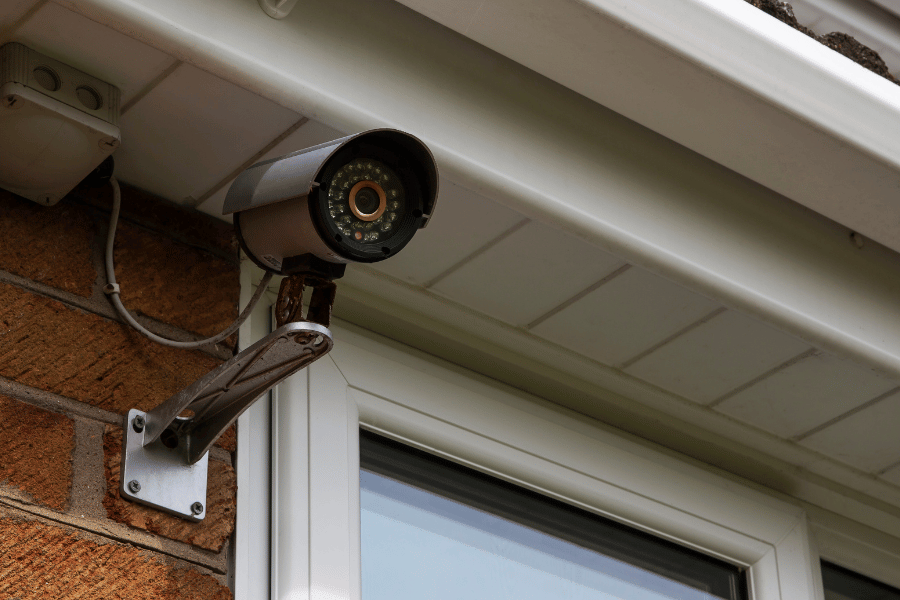
3. Schedule a Professional Deep Clean
While the previous owners may have cleaned before moving out, a professional deep clean gives you a fresh start and helps you identify any issues that might need attention.
Ideally, you should have the opportunity to schedule a deep clean before you move all of your items into the home. This way, you won't have to worry about cleaning and unpacking simultaneously.
However, if you don't get to clean before then, schedule a deep house clean as soon as possible. This doesn't have to be expensive; it is your home, after all. A great way to save extra cash is to have professional cleaners focus on the most used rooms, such as the bathrooms, kitchen, or living room.
If you decide to clean your home yourself, consider cleaning before unpacking. This way, all your belongings will be easy to move, and once you have finished cleaning one room, you can unpack.
Focus on areas that are often overlooked: inside all cabinets and drawers, behind appliances, inside light fixtures, air vents, and baseboards.
Clean or replace all air filters in your HVAC system. This is also the perfect time to have your carpets professionally cleaned and to sanitize all bathroom and kitchen surfaces before you move in your belongings.
4. Set Up All Utilities
To avoid stepping into your new home and none of the light switches work, ensure you set up all your utilities. This includes gas, water, electricity, waste collection, and the internet.
You will already have a lot to keep track of, and you won't want to deal with any potential utility problems after arriving at your home.
In the Raleigh area, you'll typically need to set up electricity (Duke Energy or your local provider), natural gas, water and sewer services, trash and recycling pickup, internet, and cable or streaming services.
Ask each provider about new customer discounts or energy-efficient programs that could save you money. Set up automatic payments to avoid any service interruptions during your busy moving period.
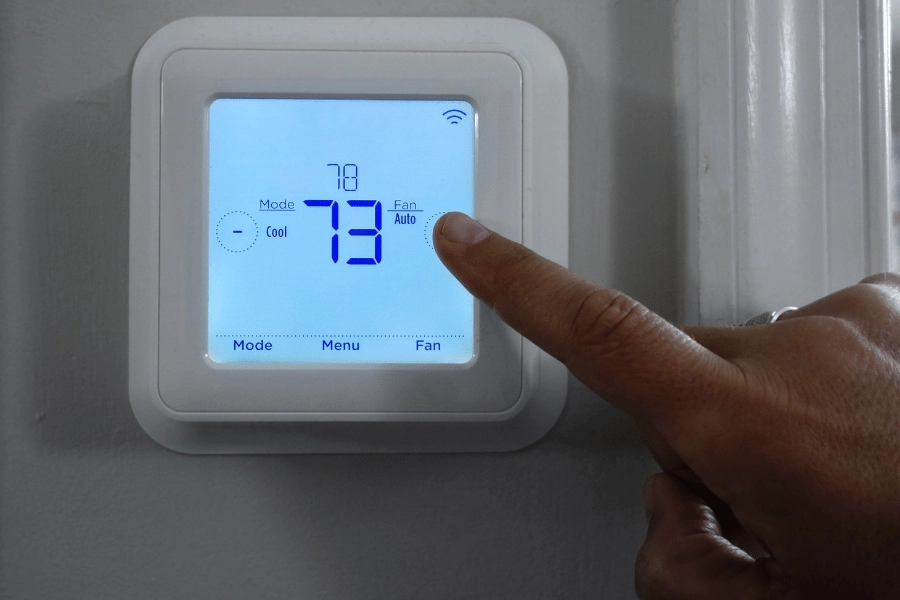
5. Test Smoke and Carbon Monoxide Detectors
Your family's safety should be your top priority. Test every smoke detector and carbon monoxide detector in your home, replacing batteries even if they seem to work.
North Carolina law requires smoke detectors in every bedroom and hallway leading to bedrooms. Check the manufacture dates on detectors and if they are over 10 years old, replace them right away.
Most fires start in the kitchen or laundry room, so you should install smoke detectors in these areas and ensure each floor has at least one smoke detector. Keep records of any minor or major problems in case you need to schedule maintenance.
Make sure to also test your home's security system if one exists, and change all codes. Locate and test your main water shutoff valve, electrical panel, and gas shutoff valve. Make sure every family member knows where these are located in case of emergency.
6. Submit Change of Address Forms
As one of the most critical but annoying processes, changing your address is extremely important. You will most likely be mailed many essential documents.
Start the address change process immediately to avoid missing important mail. File a change of address with the USPS (you can do this online for a small fee).
Update your address with your bank, credit card companies, insurance providers, employer, IRS, North Carolina Department of Revenue, and voter registration. Don't forget subscription services, online shopping accounts, and any professional services you use.
Contact your children's schools and pediatrician to update records. The DMV requires address updates within 60 days in North Carolina, so schedule this appointment early.
7. Review Your Inspection Report
Take a look at your inspection report and make a note of any repairs the previous owner wasn't contractually obligated to fix. Once you have moved into the home, you might notice further maintenance needed, and you can complete those.
Prioritize projects in order of importance and stay on top of safety and functionality repairs first. Any minor repairs can be completed later, saving you the headache of unpacking while repairs are being conducted around the house.
The price of a home inspection may vary, but it is essential. This is why an unexpected savings account is critical.
As you review your inspection report, familiarize yourself with your home. This means identifying where the circuit box, HVAC system, emergency shut-offs, and the main water line are located. Understanding these systems now can prevent costly emergency calls later.
8. Unpack and Stock up
No one likes unpacking after moving, but there are some ways to make the process easier and faster. Resist the urge to unpack everything at once. Start with essentials: one bathroom, your bedroom, and basic kitchen items.
Take inventory of all you have, what might have gotten lost on the way, and what you need to buy. Pack a "first day" box with toiletries, medications, phone chargers, basic tools, cleaning supplies, and a change of clothes. Label this box clearly and load it last so it comes off the truck first.
Take your time, and remember that everything does not need to be done simultaneously. Start small and work up to larger tasks like stocking your kitchen or garage. As you unpack, take note of items you don't have and set aside time to pick them up.
This part is all up to your priorities and your schedule. There is no need to rush the unpacking process; it is a new house, and you may find better places to store items than you had at your old home. Save decorative items for last when you have a better sense of your space.
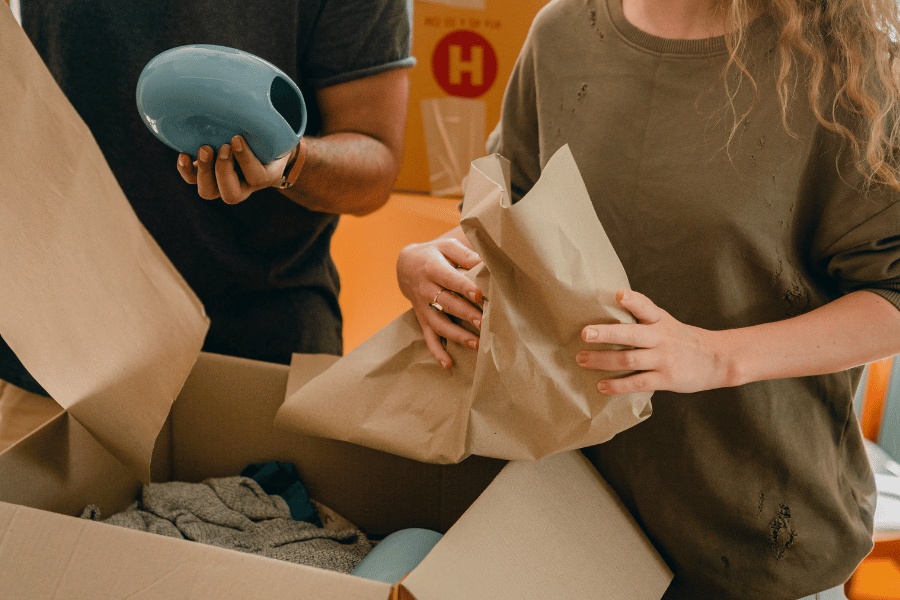
9. Meet Your Neighbors
You may have already met a couple of neighbors at an open house or while moving, but if you haven't, introducing yourself is a great idea. You will want to create a sense of community in your new neighborhood.
Building connections with those around you is one of the best things you can do after buying a house. Your neighbors can help you find local restaurants, give you information on the HOA, and more. If you feel too shy to introduce yourself in person, try joining an online neighborhood group.
Your neighborhood might host events or clubs to join. This creates an easy way for you to meet the people around you. If not, you can host your housewarming party if you feel comfortable letting new neighbors into your home. Again, this is all at your own pace. If you don't feel comfortable yet or are too overwhelmed with moving, wait as long as you need.
10. Make Your House a Home
The final and most exciting part of being a homeowner is that you now have the freedom to decorate however you see fit. This is your time to boost curb appeal, remodel a room, or paint the walls. Whatever you want to change, now you can tackle it in your new home.
Removing any significant renovations is okay after the entire home buying and moving process. Start small by moving in your furniture, and then you can decide whether or not to buy small decorations around the house.
Your home might change throughout the years, and you'll have plenty of time to make significant changes in the future. The best part of decorating is you can do as much as you want; remember, this doesn't have to be a large or expensive task.

Methodology
To determine the top ten things to do immediatley after buying a home, data was sourced from the U.S. Fire Administration and the North Carolina Department of Transportation.
FAQs
What is the first thing you do after closing on a house?
The first thing you should do after closing on a house is make copies of all your important documents and updating necessary information.
What not to do after closing on a house?
First, you shouldn't skip out on the home inspection; this is extremely important before you fully move into your new home. Keep track of important documents and update the provider with your new address.
How much money should you have left after buying a house?
There is no exact number you should have saved after buying a home, but keeping at least 3-12 months' worth of living expenses is recommended.
Can a loan be denied after closing?
This is rare, but it can be confirmed that if lenders find any significant changes to your credit, income, or cash to close, they may deny your loan even after closing.
What is the 3X rule for buying a house?
The 3X rule recommends not buying a house for more than three times your income. This is an excellent rule of thumb to ensure you don't buy a home you cannot afford.
What to Do Immediately After Buying a House - Final Thoughts
Moving into a new home is exciting, but taking care of these essential tasks first will give you peace of mind and help you truly settle in. Take your time, be patient with yourself as you learn about your new home, and don't hesitate to ask questions.
The best thing you can do after buying a house is to stay organized. This means keeping a checklist and to pack with purpose. Think of your future self and what you can do now to save yourself a headache later.
Do not forget to celebrate. Buying a home is a huge accomplishment, and you should be more than proud of yourself for making one of the biggest investments of your life. Enjoy your new home, meet your new neighbors, and celebrate yourself.
At Raleigh Realty, we are here to support you not just during the buying process, but as you begin this new chapter of homeownership. Contact us if you have questions about your new home or need recommendations for local service providers.

